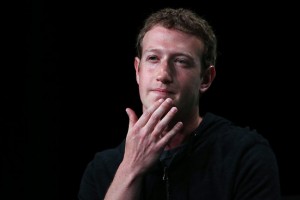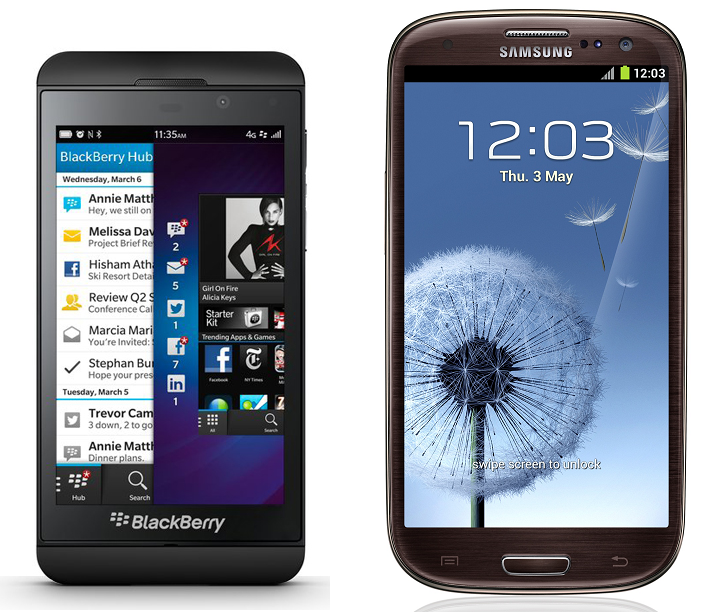 Multinational companies are increasing looking to grow their businesses in the emerging markets. While emerging markets clearly have the potential for growth, not all compaies succeed in the emerging markets. Based upon a study done by Boston Consultancy Goup ( BCG) – the key to success often depends upon how close the MNC are to the local market – in terms of how they understand the market, whether they adapt their products to local tastes and how much they localize their management teams. A case in point is Mcdonald’s entry into India; had they just ‘lift and dropped’ their menu from the Western market, it wouldnt have been successful as beef is not consumed by the majority of Hindus. Also there is a large population which is a vegetarian. As such, Mcdonalds changed their menu to suit Indian palates and brought in some key managers from their HQ and based them in India to ensure the company stayed true to their Core values. Thus Mcdonald’s had retained their unique selling prosition and yet ‘Indianized’ the customer experience to make their business plans successful.
Multinational companies are increasing looking to grow their businesses in the emerging markets. While emerging markets clearly have the potential for growth, not all compaies succeed in the emerging markets. Based upon a study done by Boston Consultancy Goup ( BCG) – the key to success often depends upon how close the MNC are to the local market – in terms of how they understand the market, whether they adapt their products to local tastes and how much they localize their management teams. A case in point is Mcdonald’s entry into India; had they just ‘lift and dropped’ their menu from the Western market, it wouldnt have been successful as beef is not consumed by the majority of Hindus. Also there is a large population which is a vegetarian. As such, Mcdonalds changed their menu to suit Indian palates and brought in some key managers from their HQ and based them in India to ensure the company stayed true to their Core values. Thus Mcdonald’s had retained their unique selling prosition and yet ‘Indianized’ the customer experience to make their business plans successful.
http://www.economist.com/news/business/21586320-ambitions-western-firms-emerging-markets-far-exceed-their-efforts-must-try-harder
http://www.medimanage.com/Images/mcveggie.jpg









